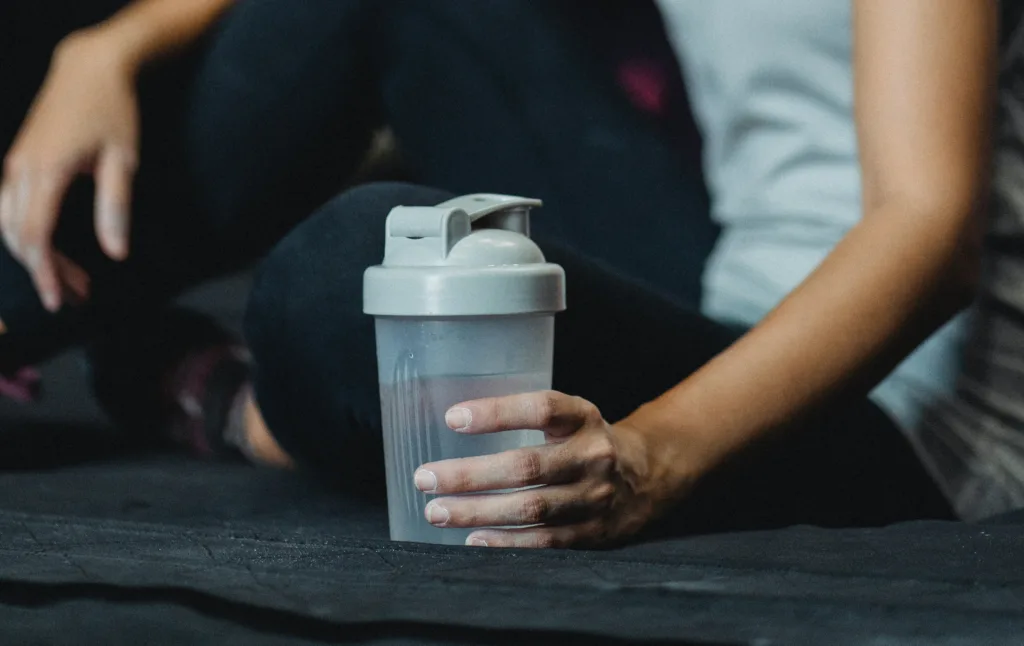Proper hydration is crucial for maintaining good health and overall well-being. Water, being the elixir of life, plays a vital role in various bodily functions, including digestion, circulation, temperature regulation, and nutrient absorption. But how much water should you drink per day? let’s delve into the topic of water intake, discuss hydration needs, explore the benefits of water, and provide practical tips to help you meet your daily water intake.
Water Intake and Daily Hydration Needs:
Determining the appropriate amount of water you should drink each day depends on several factors. Generally, it is recommended to consume eight 8-ounce glasses of water per day, which is commonly known as the “8×8 rule.” However, individual water requirements can vary based on factors such as body size, physical activity level, climate, and health conditions.
Body Size and Water Requirements:
The size of your body plays a significant role in determining your water intake. Larger individuals typically require more water to meet their hydration needs compared to smaller individuals. Factors such as body weight, height, and muscle mass influence the amount of water needed to maintain optimal hydration levels.
Physical Activity and Water Intake:
Engaging in physical activities can cause significant fluid loss through sweat. To compensate for this loss, it is essential to increase your water intake accordingly. Aim to drink water before, during, and after exercise to replenish the fluids lost and maintain proper hydration. Remember, the more intense the activity and the longer the duration, the more water you should consume.
Climate and Hydration:
Living in a hot and humid climate increases the risk of dehydration. In such environments, the body tends to sweat more to cool itself down, leading to fluid loss. It is crucial to increase your water intake in these conditions to prevent dehydration and maintain adequate hydration levels.
Health Conditions and Fluid Intake:
Certain health conditions, such as kidney stones or urinary tract infections, may require increased fluid intake as part of the treatment plan. Additionally, if you have a fever, vomiting, or diarrhea, it is vital to drink more water to compensate for the fluid loss and prevent dehydration. Always consult your healthcare provider for personalized advice on fluid intake if you have any specific health concerns.
Benefits of Water and Proper Hydration

Proper hydration offers numerous benefits to your overall well-being. Staying adequately hydrated helps maintain healthy skin, supports digestion, enhances brain function, boosts energy levels, and promotes optimal kidney function. It can also aid in weight management and improve exercise performance.
Even mild dehydration can adversely affect mental and physical performance. For example, a study involving women revealed that a fluid loss of just 1.36 percent after exercise resulted in a bad mood, decreased concentration, increased frequency of headaches, and reduced overall cognitive function.
Moreover, hydration plays a crucial role in physical performance. For example, in a clinical study, older, healthy men experienced a decrease in muscle strength, power, and endurance with a mere 1 percent loss of body water.
Factors Influencing Hydration Needs
The water required daily varies based on several factors, including body size, physical activity levels, climate, and overall health conditions. Body size influences water requirements, as more prominent individuals need more water to sustain their bodily functions.
Physical activity increases fluid loss through sweat, necessitating additional water intake to compensate for the lost fluids. Similarly, individuals living in hot and humid climates must be particularly mindful of their hydration needs due to increased perspiration.
Practical Tips for Meeting Daily Water Intake:
Meeting your daily water intake goals doesn’t have to be challenging. Here are some practical tips to help you stay hydrated:
- Carry a Water Bottle: Keep a reusable water bottle with you at all times to have easy access to water throughout the day.
- Set Reminders: Use smartphone apps or set reminders to prompt you to drink water at regular intervals.
- Infused Water: Add slices of fruits, herbs, or vegetables to your water to infuse it with flavor and encourage consumption.
- Monitor Urine Color: Pay attention to the color of your urine as it can indicate your hydration status. Aim for a pale yellow color, which indicates adequate hydration.
- Water-Rich Foods: Incorporate water-rich foods, such as cucumbers, watermelon, and oranges, into your diet to boost your overall fluid intake.
- Herbal Teas and Low-Sugar Beverages: Enjoy herbal teas or opt for low-sugar beverages like unsweetened iced tea or infused water as alternatives to plain water.
Conclusion:
Proper hydration is vital for maintaining optimal health and well-being. Understanding your body’s water requirements and meeting your daily water intake goals can have a profound impact on your overall health.
Remember to consider factors such as body size, physical activity level, climate, and health conditions when determining your personal hydration needs. Undoubtedly there are numerous benefits associated with drinking water for your health in maintaining adequate hydration levels.
By incorporating practical tips into your daily routine, you can ensure you stay adequately hydrated and reap the many benefits of water for a healthy and thriving life.





